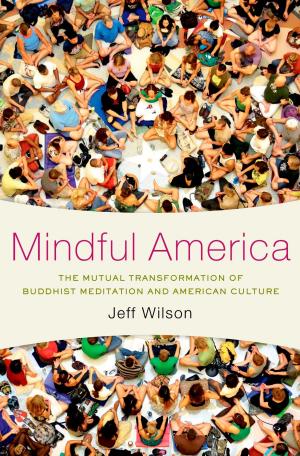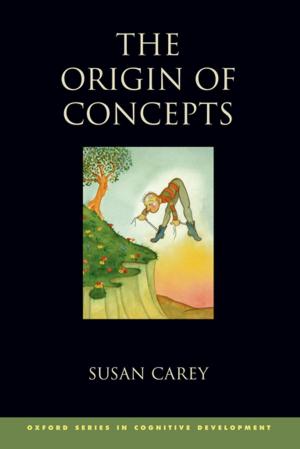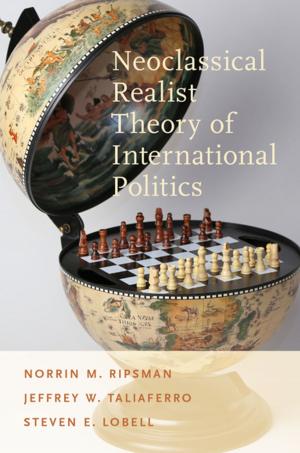| Author: | ISBN: | 9780190208639 | |
| Publisher: | Oxford University Press | Publication: | December 16, 2011 |
| Imprint: | Oxford University Press | Language: | English |
| Author: | |
| ISBN: | 9780190208639 |
| Publisher: | Oxford University Press |
| Publication: | December 16, 2011 |
| Imprint: | Oxford University Press |
| Language: | English |
The term ''mysticism'' has never been consistently defined or employed, either in religious traditions or in academic discourse. The essays in this volume offer ways of defining what mysticism is, as well as methods for grappling with its complexity in a classroom. This volume addresses the diverse literature surrounding mysticism in four interrelated parts. The first part includes essays on the tradition and context of mysticism, devoted to drawing out and examining the mystical element in many religious traditions. The second part engages traditions and religio-cultural strands in which ''mysticism'' is linked to other terms, such as shamanism, esotericism, and Gnosticism. The volume's third part focuses on methodological strategies for defining ''mysticism,'' with respect to varying social spaces. The final essays show how contemporary social issues and movements have impacted the meaning, study, and pedagogy of mysticism. Teaching Mysticism presents pedagogical reflections on how best to communicate mysticism from a variety of institutional spaces. It surveys the broad range of meanings of mysticism, its utilization in the traditions, the theories and methods that have been used to understand it, and provides critical insight into the resulting controversies.
The term ''mysticism'' has never been consistently defined or employed, either in religious traditions or in academic discourse. The essays in this volume offer ways of defining what mysticism is, as well as methods for grappling with its complexity in a classroom. This volume addresses the diverse literature surrounding mysticism in four interrelated parts. The first part includes essays on the tradition and context of mysticism, devoted to drawing out and examining the mystical element in many religious traditions. The second part engages traditions and religio-cultural strands in which ''mysticism'' is linked to other terms, such as shamanism, esotericism, and Gnosticism. The volume's third part focuses on methodological strategies for defining ''mysticism,'' with respect to varying social spaces. The final essays show how contemporary social issues and movements have impacted the meaning, study, and pedagogy of mysticism. Teaching Mysticism presents pedagogical reflections on how best to communicate mysticism from a variety of institutional spaces. It surveys the broad range of meanings of mysticism, its utilization in the traditions, the theories and methods that have been used to understand it, and provides critical insight into the resulting controversies.















